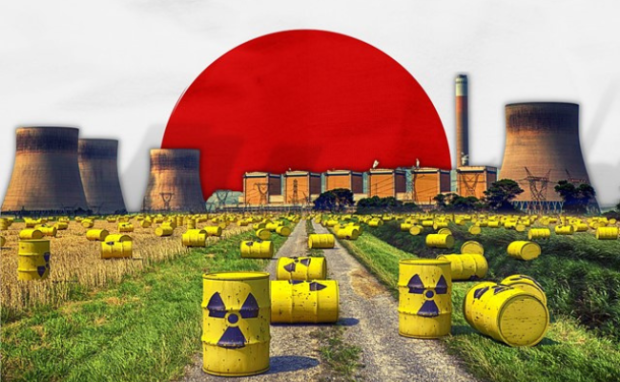Japan Plans To Maximize Nuclear Energy Use
Japan announced plans to prolong the lifespan of nuclear reactors and replace old ones. It is a significant shift for a nation that wanted to phase out this energy source.
The new policy will allow Japan to restart as many existing reactors as possible. Moreover, the government pledged to develop next-generation reactors.
However, the Fukushima disaster led to stricter safety standards that delayed restart approvals for idled reactors. Also, experts are skeptical about these nuclear energy goals.
Why does Japan want to use nuclear energy again?

Photo Credit: medium.com
The paper for the new policy says nuclear energy has “an important role as a carbon-free baseload energy source in achieving supply stability and carbon neutrality.”
In other words, Japan sees it as a way to achieve carbon neutrality and become more eco-friendly.
That was why the country got one-third of its energy from 54 nuclear reactors before the 2011 Fukushima disaster.
Nowadays, Japan sees nuclear power as the key to achieving its net zero carbon emissions by 2050.
The advisory panel that outlined the new policy said the return to nuclear is necessary to maintain its energy security.
It explained, “There is a risk of an energy crisis for the first time since the 1973 oil crisis in the face of a severely tense situation.”
“We recognized once again the fragility of our country’s energy supplies, which poses a challenge to our energy security,” the panel added.
In response, the Japanese government will invest over ¥150 trillion or $1.1 trillion to resolve these issues.
Moreover, it will raise ¥20 trillion of that target amount by issuing a new type of bond for private investors.
Why do experts doubt Japan’s nuclear energy plans?

Photo Credit: eandt.theiet.org
Ruika Moto, a survivor of the Fukushima disaster, said that the latest policy was “extremely disappointing.”
“The Fukushima disaster is not over yet, and the government seems to have forgotten what happened,” Moto added.
What was the 2011 Fukushima disaster? It was when the most powerful earthquake in Japan struck, severely damaging the Hamaoka Nuclear Power Plant in Fukuoka prefecture.
As a result, the country had a major power outage, and residents had to evacuate the region. They returned to their homes 11 years later, but 2.4% of the area remains uninhabitable.
Takeo Kikkawa, an economics professor at the International University of Japan and an energy expert, said the new policy might have negative consequences.
It allegedly could encourage operators to keep using old equipment instead of investing in new technology.
Kikkawa stated in a talk show, “Extending the operation of the existing reactors could, in turn, hold back the construction of advanced reactors.”
“Naturally, we should aim for newer technology and use it safely,” he added.
Meanwhile, Kenichi Oshima, an environmental and energy policy professor at Ryukoku University, shared his thoughts about the nuclear energy plan.
He said “innovative” reactors are barely different from existing facilities. Also, Oshima claimed that prospects for next-generation reactors are largely uncertain and unachievable.
Conclusion
Japan laid out its nuclear energy plans to sustain the national power supply. Its proponents say it will allow the country to become carbon neutral by 2050.
On the other hand, naysayers doubt that nuclear power could help reach the new policy’s goals. Nevertheless, the latest policy could help the recently launched “GX (Green Transformation) Implementation Council.”
Prime minister Fumio Kishida tasked this group of experts to “consider all options” to compile a new policy to address long-term energy and carbon neutrality goals.